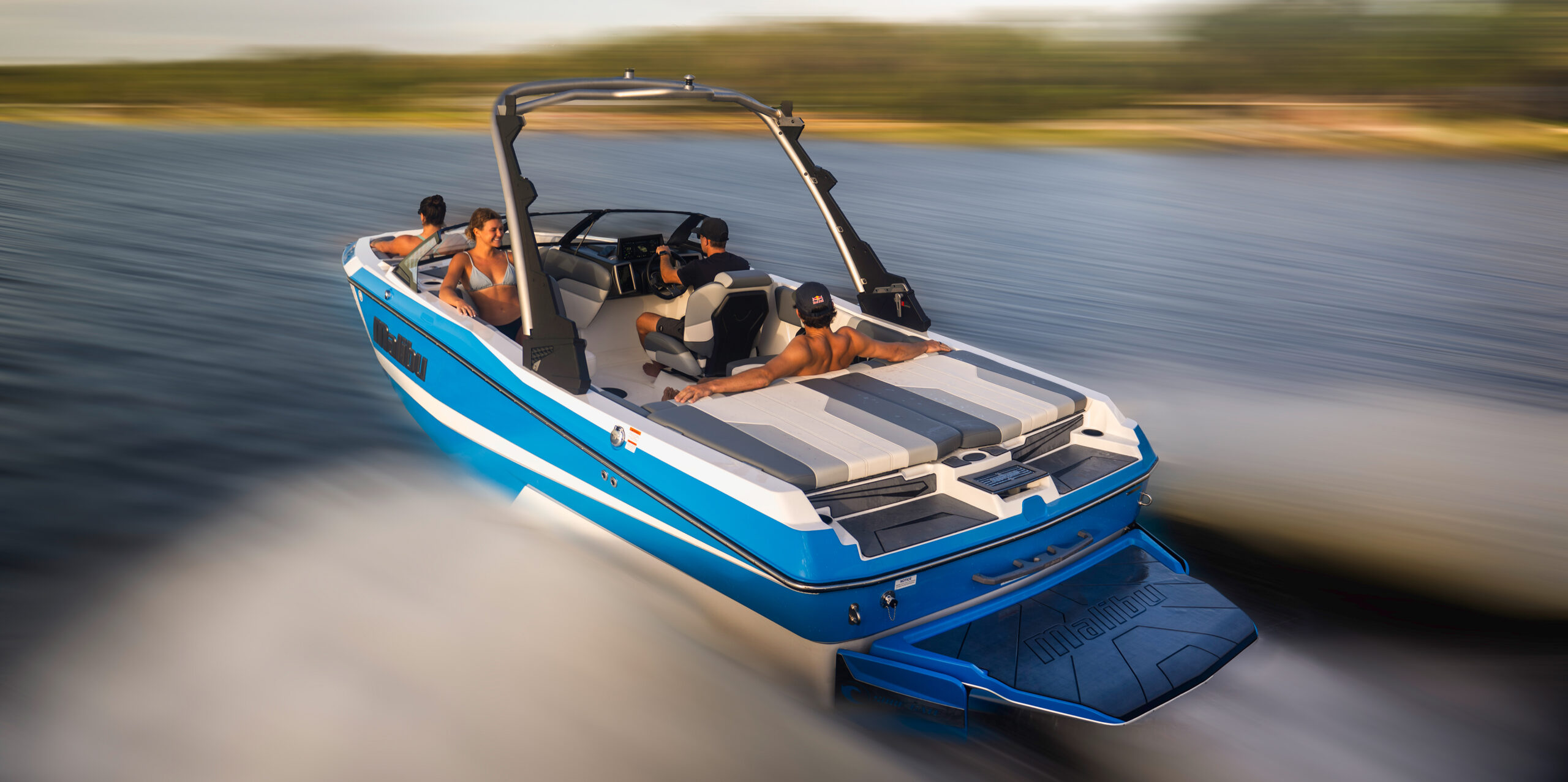Ensuring safe and enjoyable boating on Friends Lake requires adherence to both New York State and Town of Chester navigation laws and regulations. Below is a comprehensive guide to these rules:
General Requirements for All Motorized Vessels:
- Safety Equipment:
- A serviceable whistle or horn must be on board.
- Each person on board must have a U.S. Coast Guard-approved life jacket (PFD).
- Registration numbers and current validation stickers must be properly displayed.
- Registration documents must be on board.
- Operational Restrictions:
- Operating an overloaded vessel is both dangerous and illegal.
- Operating under the influence of alcohol or drugs is prohibited.
- Operation within 500 feet of the public swim area is prohibited unless departing from or returning to a docking area.
- Vessels must not anchor, moor, or recreate within 100 feet of the shoreline, docks, or swim platforms, except for fishing or in emergencies.
- Engaging in towing activities (e.g., water skiing, tubing, wakeboarding, wakesurfing) requires maintaining a minimum distance of 200 feet from any shoreline, dock, swim platform, or anchored vessel, unless departing from or returning to a launching or docking area.
- Speed Limits:
- The general speed limit on the lake is 45 MPH.
- When operating within 100 feet of the shoreline, docks, swim platforms, or anchored vessels, the speed limit is 5 MPH.
- Additional Safety Measures:
- Operators and passengers under 12 years of age must wear a PFD at all times.
- Riding on the bow or any area not equipped with fixed seating is illegal and dangerous.
- Navigation lights must be used between sunset and sunrise.
Boating Safety Certificate – Now Mandatory
Starting from 2024, all operators of motorized vessels born on or after January 1, 1978 will need to carry a safe boating certificate while operating motorized boats. Starting January 1, 2025, a safety certificate will be required of all operators, regardless of age.
The Boating Safety Certificate must be carried on board.
The New York Safe Boating Course teaches basic boating skills and encourages common sense and courtesy to all who share the water. Boaters can earn their certificate by taking a classroom course with certified New York State instructors or through approved online courses.

New York State Adventure License
If you have a lifetime recreation certificate or sporting license, your New York State Driver License can now become an all-purpose boating, fishing, hunting and parks ID card. Anyone successfully completing the New York Safe Boating Course or approved online boating safety course may opt to have the anchor icon placed on your NYS DMV issues document. DMV will maintain a record of your having completed the boating safety course, and automatically place the icon on your license each time it is renewed.
Learn more and how to apply for your boater safety certificate today
Specific Regulations for Personal Watercraft (PWC):
- Operational Hours:
- PWC operation is permitted from 9:00 AM to 7:00 PM.
- Speed Limits:
- When operating within 200 feet of the shoreline, docks, swim platforms, or anchored vessels, the speed limit is 5 MPH.
- Age and Certification Requirements:
- Operators must be at least 14 years old and possess a Boating Safety Certificate in accordance with Brianna’s Law.
- The Boating Safety Certificate must be carried on board.
- Towing Activities:
- The PWC must be rated for at least three persons (operator, observer, and skier/tuber) to engage in towing activities.
- The observer must be at least 10 years old.
- Safety Equipment:
- Operators must wear a U.S. Coast Guard-approved PFD with a lanyard engine cut-off attached.
- All passengers must wear a PFD.
- Prohibited Actions:
- Intentional and unnecessary wake jumping of another vessel is prohibited.
Mind Your Wake – Protect the Lake and Its Community
Your boat’s wake has consequences. You are responsible for any damage it causes, including significant shoreline erosion. Wake waves harm the environment by:
- Eroding shorelines
- Disturbing plants and wetland habitats
- Disrupting aquatic ecosystems
- Flooding nests of loons and waterfowl
Wakes also impact people by:
- Damaging docks and boats
- Interfering with safe navigation
- Capsizing canoes and small vessels
- Endangering swimmers
By controlling your wake, you help safeguard both the natural environment and the safety of others. Be a responsible boater—reduce your speed and protect the lake.
Adhering to these regulations ensures a safe and enjoyable experience for all Friends Lake visitors. Thank you!

